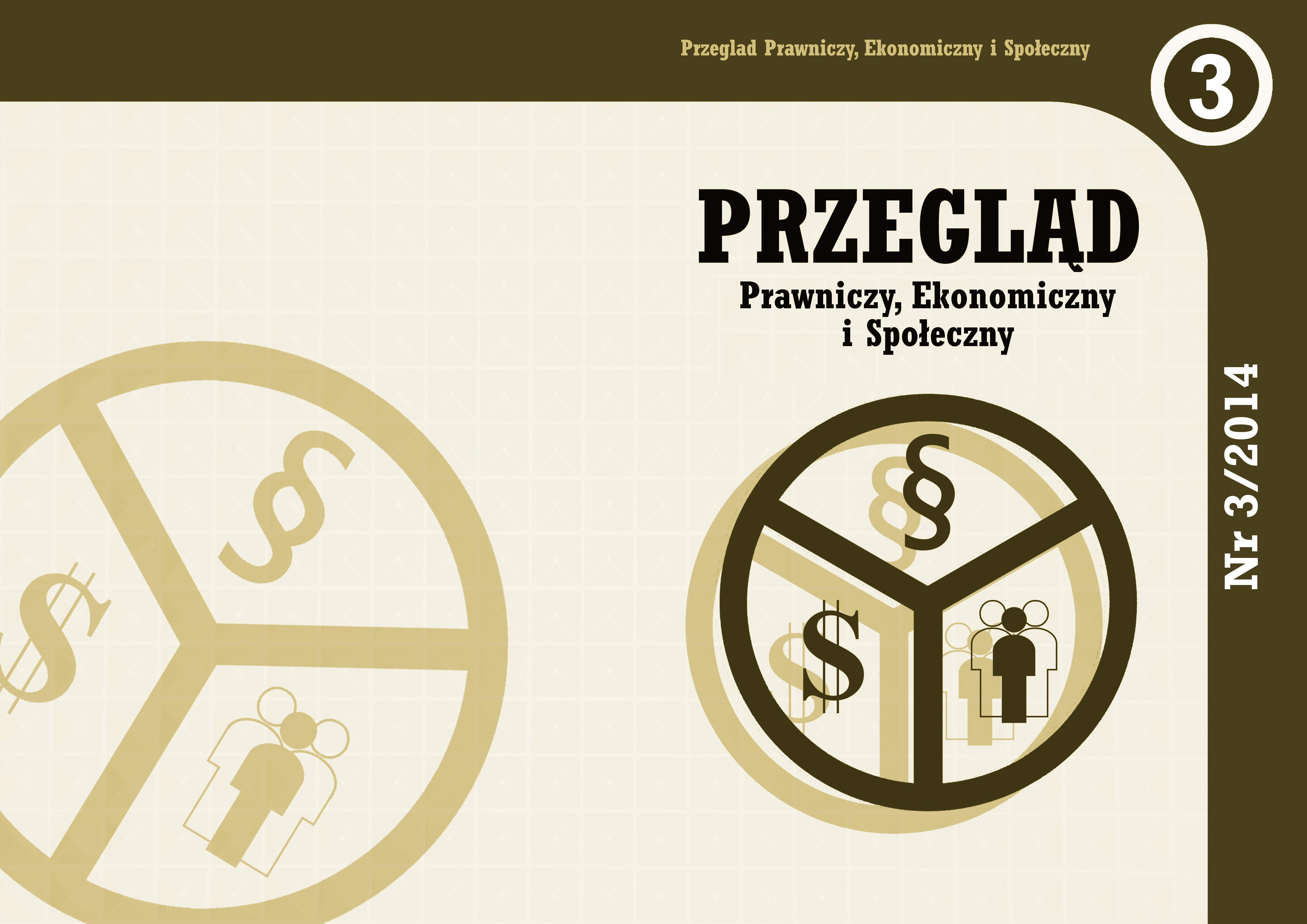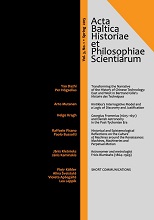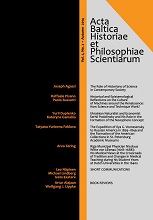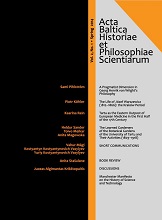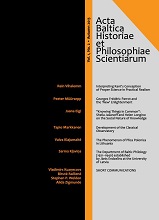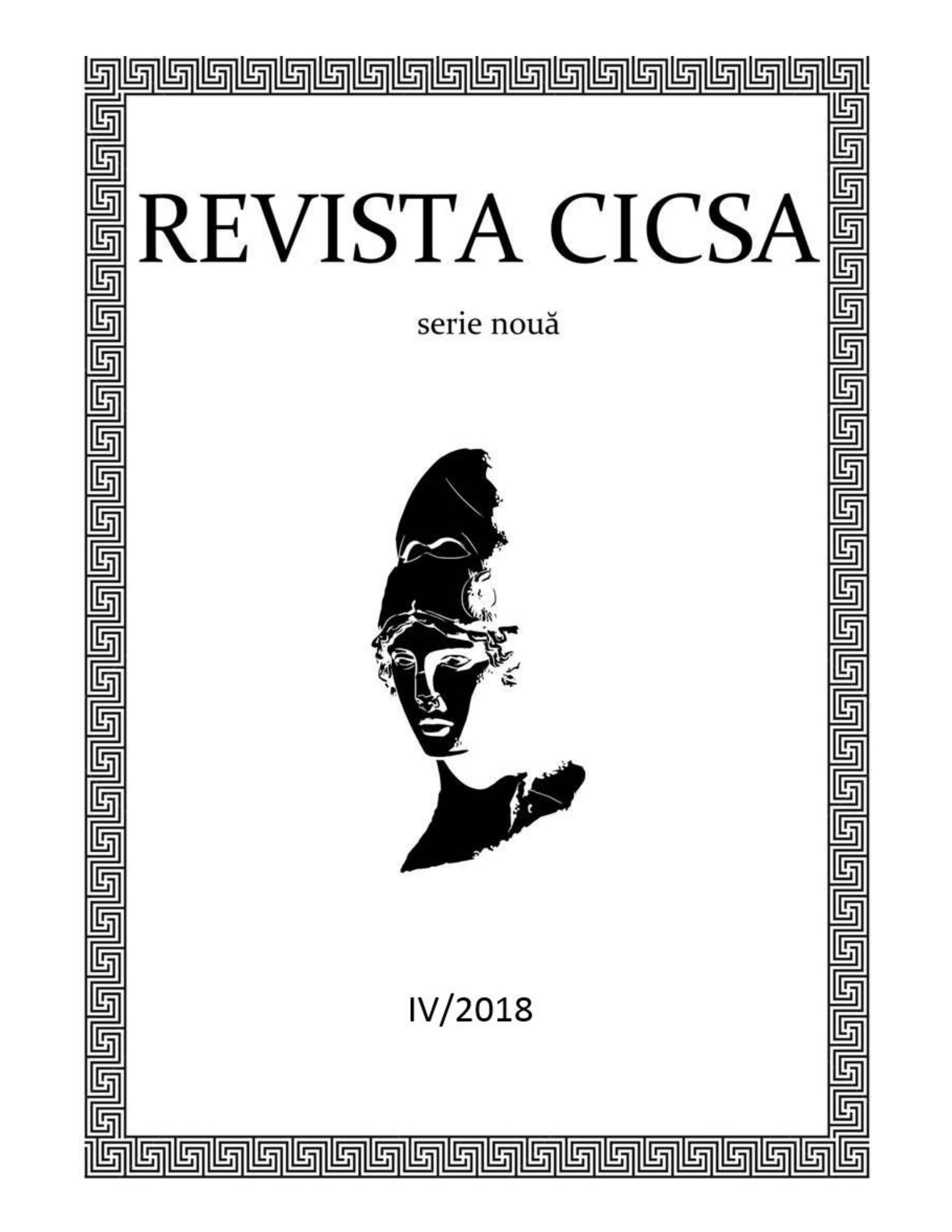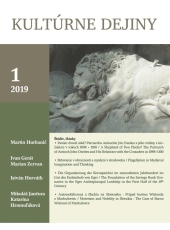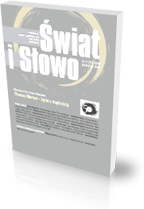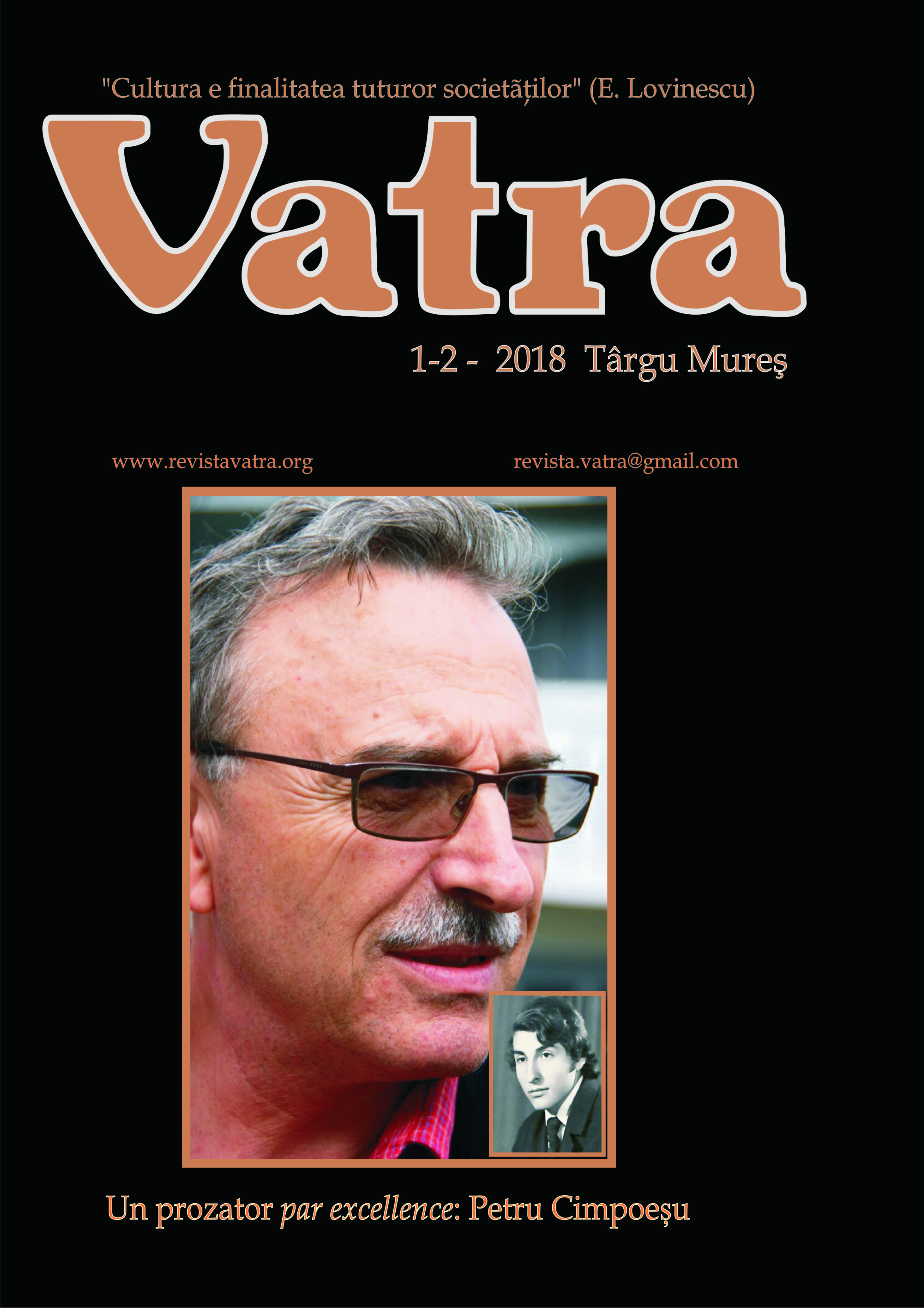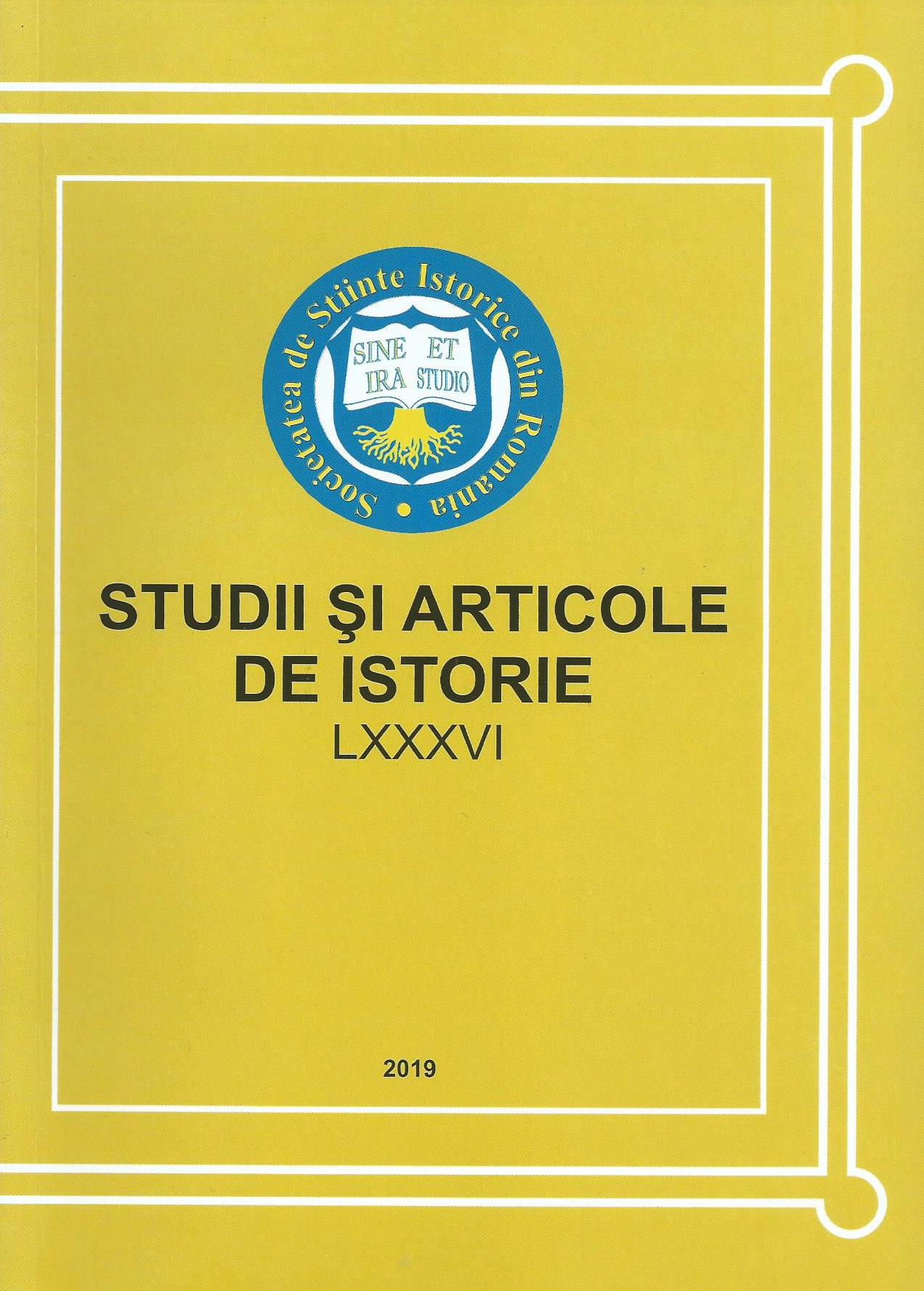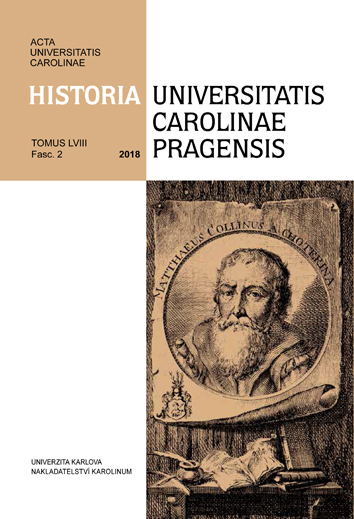Author(s): Ilija Marić / Language(s): Serbian
Issue: 169/2019
„Млада Босна” назив је за покрет омладине у Босни и Херцеговини на почетку 20. века (1908–1914). Без обзира на верску припадност, имали су свест да припадају српском народу. Борили су се за ослобођење свих јужнословенских народа од туђинске власти и уједињење у оквиру заједничке државе. Интелектуални вођа „Младe Боснe” био је Димитрије Митриновић, а идеолошки вођа Владимир Гаћиновић. У Босни и Херцеговини тада су постојале само основне и средње школе, али не и факултети, што је било веома неповољно за неговање философије. Средњошколци и студенти, од којих су неки студирали и философију, на више начина су допринели њеном развоју код нас. Прво, својим чланцима и преводима философских текстова шире су промовисали философију на тлу Босне и Херцеговине. Друго, први су код Срба уопште шире пропагирали ирационалистичку оријентацију у философији. Треће, допринели су српској рецепцији нових философских струјања у свету.
“Young Bosnia” is the name of the youth movement in Bosnia and Herzegovina in the early XX century (1908–1914). Irrespective of their religious denomination, they had an awareness of belonging to the Serbian people. They fought for the liberation of all South-Slavic peoples from foreign control and for the unification within one common country. The intellectual leader of “Young Bosnia” was Dimitrije Mitrinović and the ideological leader was Vladimir Gaćinović. At the time, in Bosnia and Herzegovina there were only elementary and secondary schools, but there were no universities, which was very unfavourable for cultivating philosophy. Secondary school students and university students, some of which were philosophy students, contributed in many ways to its development among our people. Firstly, with their articles and translations of philosophical texts, they promoted philosophy on a large scale at the territory of Bosnia and Herzegovina. Secondly, they were the first among the Serbs to widely propagate the irrationalist trend in philosophy. Thirdly, they contributed to the Serbian reception of the new philosophical trends that were current abroad.
More...
